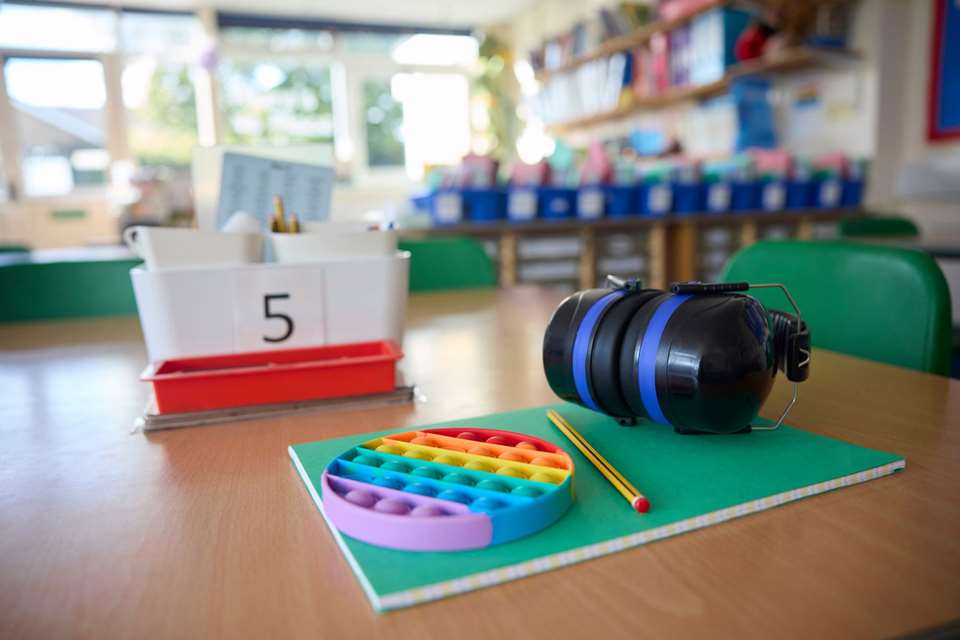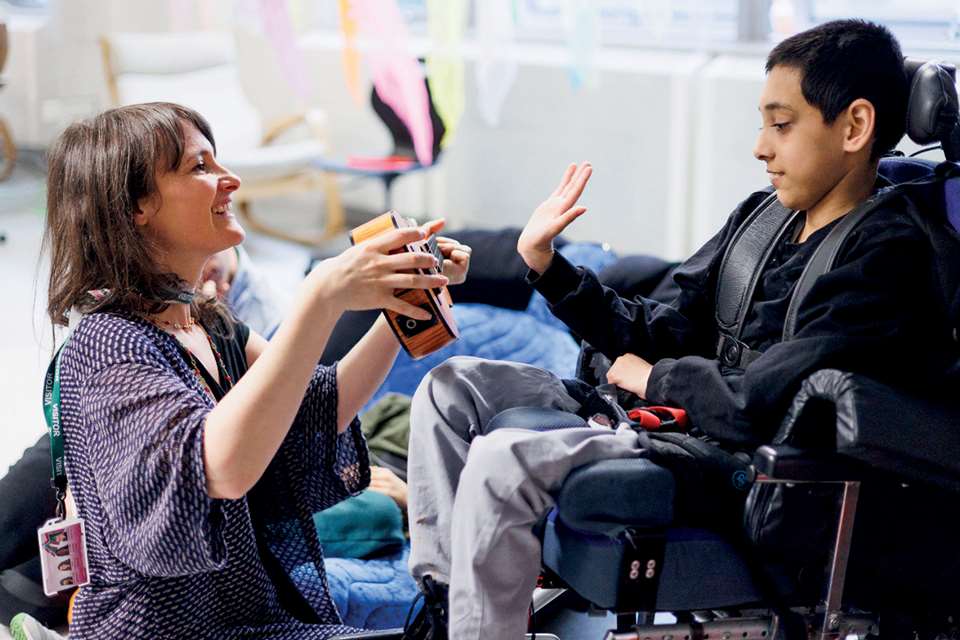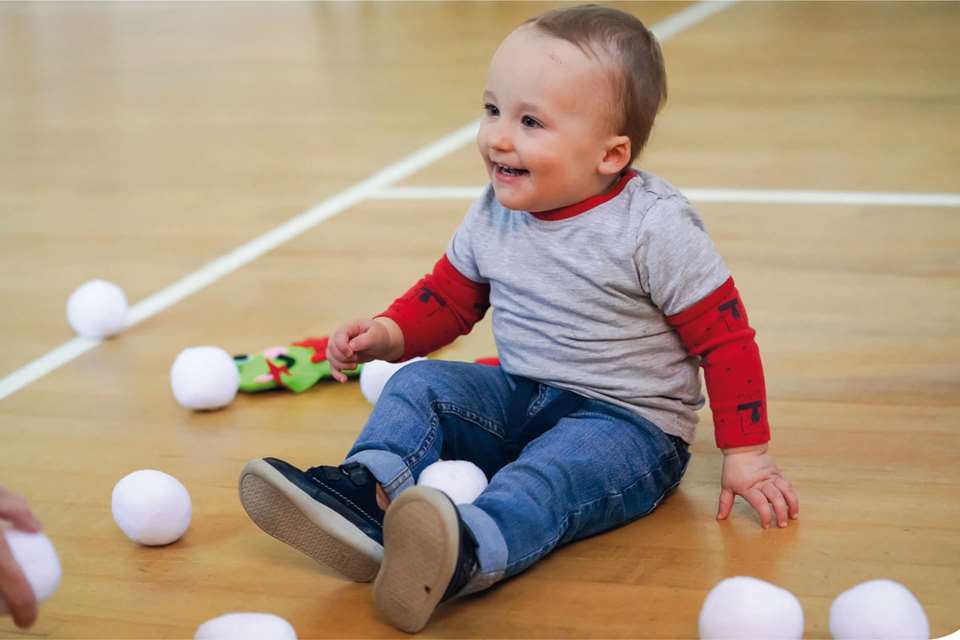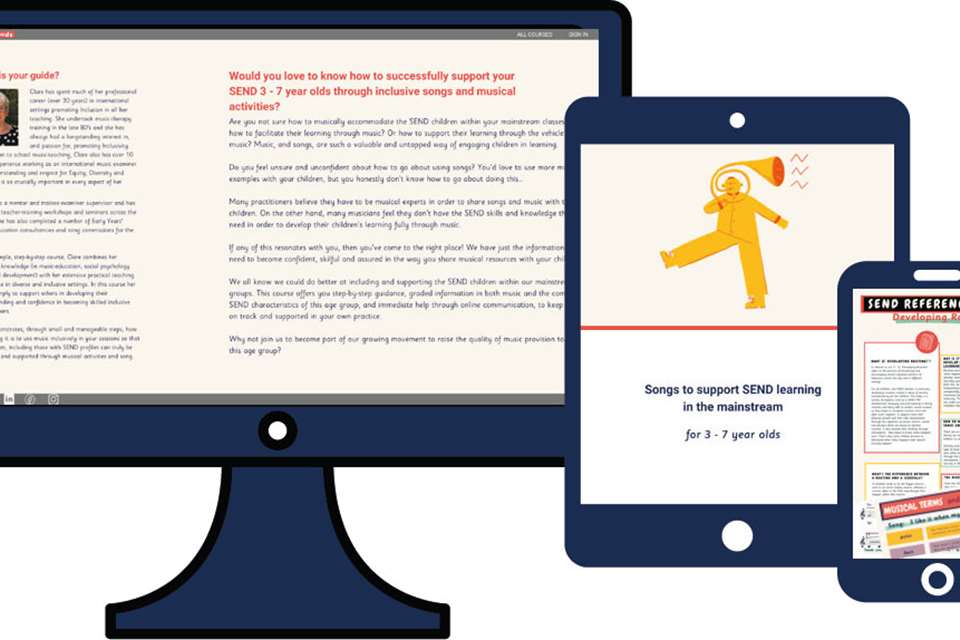Mental health and wellbeing column: music for everybody?
Lio Moscardini
Monday, January 1, 2024
Dr Lio Moscardini, lecturer in Learning and Teaching (Inclusive Practice) at the Royal Conservatoire of Scotland, explains the challenges for equitable music education.
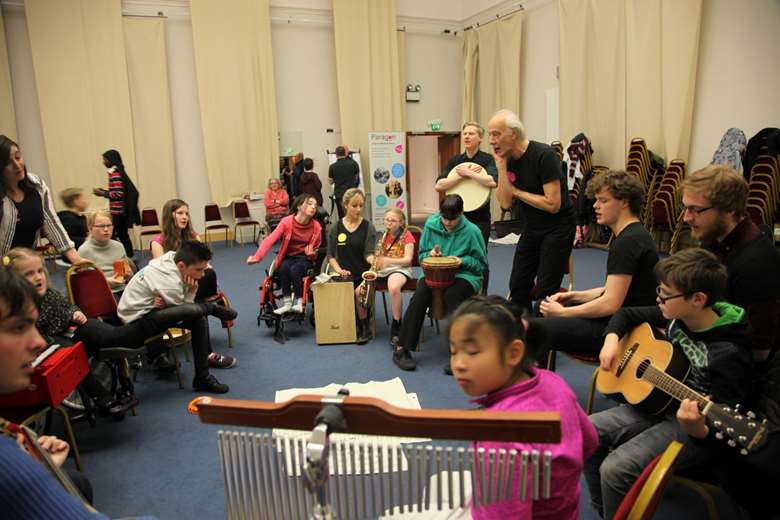
Paragon Music Ltd
When people get to a certain age they often comment on things which they wish they had learned to do. Two things are regularly mentioned: to speak another language and to be able to play a musical instrument.
It is understandable that we gravitate towards music. It is well-recognised as something which moves us. Its value and benefits are not simply for the performance platform; it supports expression, creativity, collaboration, communication, relaxation, socialisation and more. It can calm us and transport us. From the perspective of mental health and wellbeing, the benefits of music are indisputable. As far as learning to play an instrument is concerned, we can reap the intrinsic benefits of this for the rest of our lives.
However, for many children the opportunity to engage in general music in the primary classroom and instrumental music lessons does not exist. Access to music education is increasingly becoming a matter of privilege. In a recent survey of 437 general primary teachers in Scotland, we found that 15% described music education in their schools as either non-existent or practically non-existent. This was three times more likely to be the case in schools within areas of high deprivation. Emeritus professor (Royal Holloway) Geoff Baker has highlighted the underrepresentation of children from marginalised groups in accessing music education. The American philosopher and scholar Martha Nussbaum argues that ‘no system of education is doing a good job if its benefits reach only wealthy elites’.
Ostensibly, music education is available to everyone, but the playing field is not a level one. Equality of opportunity is often absent and not everyone has the capability to access what is on offer. There are also significant issues relating to opportunities for disabled children. In a recent report exploring the experiences of disabled musicians in education in England, disabled musicians highlighted the difficulties which they had in accessing music lessons along with a lack of understanding of adaptation to make playing accessible. In a Scottish study looking at ‘Who gets to play?’ we found that out of a group of 5,122 children eligible for instrumental music lessons in primary schools, not a single child with a physical impairment or with significant learning difficulties was selected for instrumental lessons.
When I taught in a school for children with learning difficulties, I was unable to bring in instrumental teachers from the local authority service, being told: ‘We don't do that’. However, I could get a music therapist into the school. The message was clear: these children were not seen as capable of learning to play an instrument, but on account of their needs they were seen as potentially benefitting from therapy.
Attempting to determine who should and who shouldn't be chosen to play an instrument based on physical characteristics is problematic. It is often an attempt to deal with the problem of limited availability, but this is an inequitable solution. The selection of players based on physical attributes is driven by a performance agenda rather than consideration of the potential intrinsic benefits to children. What might this mean for a child with cerebral palsy who would like to learn the guitar? Rejection based on suitability is a precarious decision which potentially contravenes the Equality Act.
Aptitude testing is a particularly pernicious form of discrimination. Imagine a young child coming home from primary school and announcing: ‘I got tested today and it looks like I won't be very good at reading, so they're not going to teach me’. This is the experience many children have in relation to music. It would be unacceptable in any other area of the curriculum and yet it persists in various parts of the country in respect of instrumental lessons. It is akin to taking all the children in a class to a swimming pool, chucking them all in the deep-end and looking for the ones who can doggy paddle because they have gone swimming with their family. Those going under with no prior experience but potentially much to gain? Well, we won't teach them; they aren't going to be very good.
Access to the arts is a right for everyone, not a privilege for some. There is a great deal of excellent practice in this area across the country, with some local authorities and organisations doing sterling work. However, we still have some way to go. Every child has the right to participate in and enjoy the arts for the whole of their lives; no child should grow up believing they are unmusical.
Further reading:
- Wilson, A., Hunter, K. and Moscardini, L. (2020) ‘Widening the Gap? The challenges for equitable music education in Scotland’, Support for Learning, 35 (4), 473–92.
- Moscardini, L., Barron, D.S. and Wilson, A. (2013) ‘Who gets to play? Investigating equity in musical instrument instruction in Scottish Primary Schools’, International Journal of Inclusive Education, 17 (60), 646–62.
- Royal Conservatoire of Scotland: MEd in Learning and Teaching in the Arts


